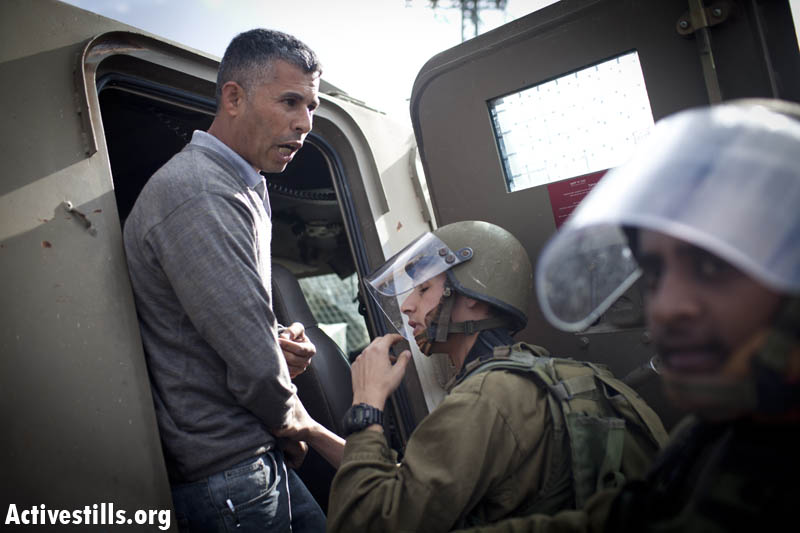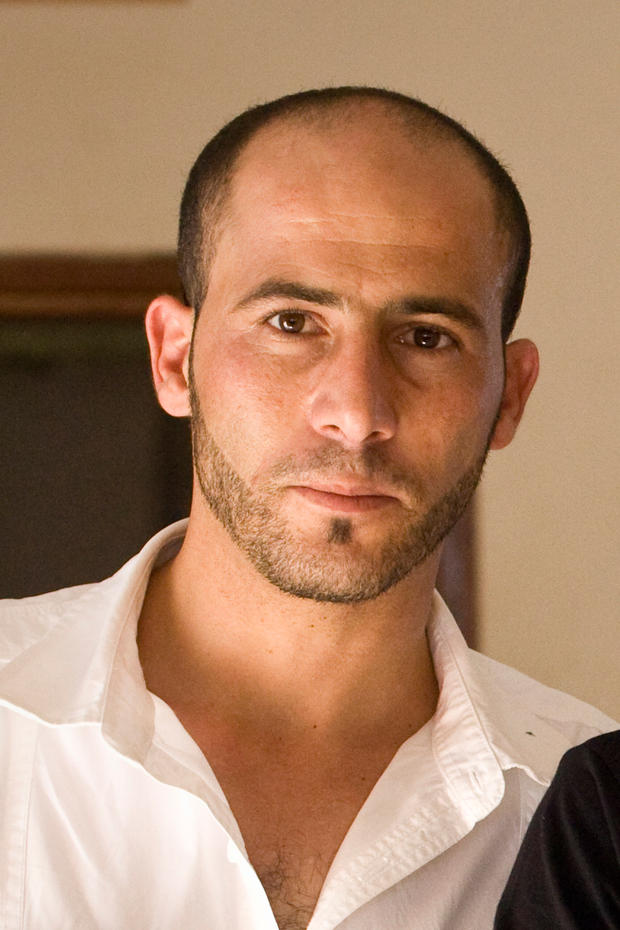Tag: An Nabi Saleh
-
2 Palestinians arrested in Nabi Saleh still in jail for resisting occupation
17 December 2011 | Chroniques de Palestine In a blatant demonstration of the discriminatory policies used by the Israeli authorities when it comes to deal with protesters; out of the 21 persons who were arrested during the demonstration in Nabi Saleh on 16.12.2011, all the Israeli and internationals were released while two Palestinians are still…
-
21 arrested in Nabi Saleh demonstration commemorating the death of Mustafa Tamimi
16 December 2011 | Popular Struggle Coordination Committee Soldiers attacked the peaceful demonstration, shooting tear-gas projectiles directly at protesters. 21 were arrested in an attempt to block the entrance to Halamish settlement and to reach the village’s confiscated spring Hundreds joined the weekly demonstration in Nabi Saleh today, marking the killing of Mustafa Tamimi (28), who…
-
The death of a stone-thrower
by Jonathan Pollak 13 December 2011 | Haaretz Mustafa Tamimi threw stones. Unapologetically and sometimes fearlessly. Not on that day alone, but nearly every Friday. He also concealed his face. Not for fear of the prison cell, which he had already come to know intimately, but in order to preserve his freedom, so he could…


